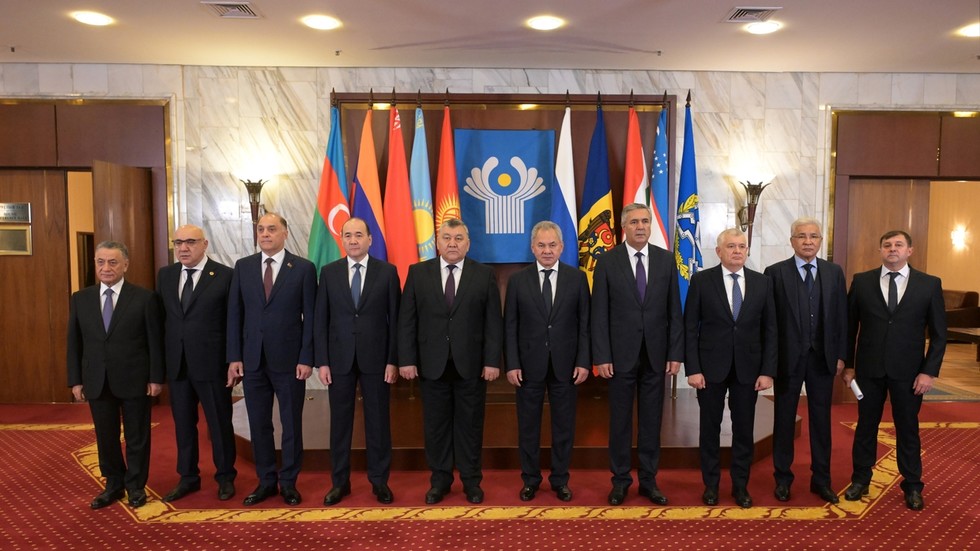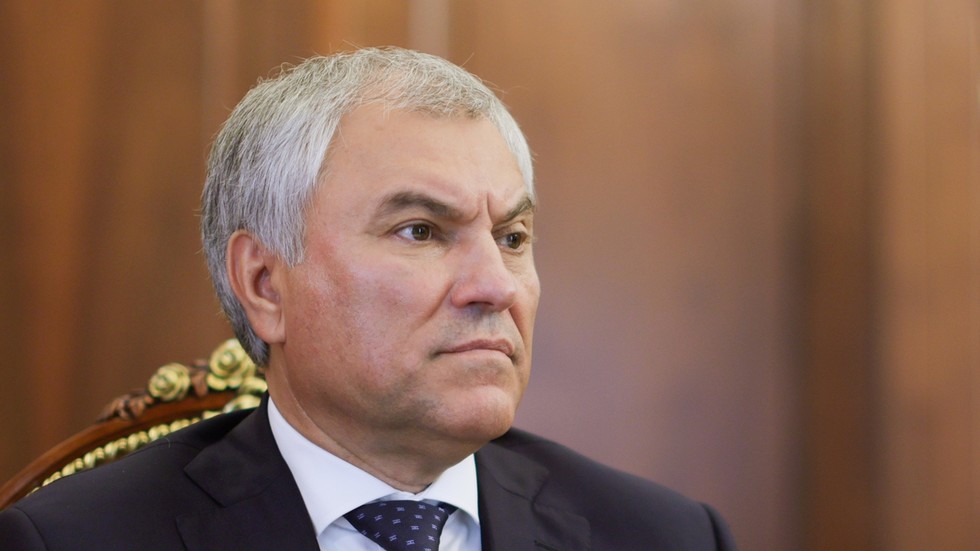Tensions in Georgia over a divisive foreign influence law have exploded onto the streets, with protests against it occurring on an almost daily basis. Valerie Gauriat went to the country to find out more, for Euronews Witness.
The law on “transparency of foreign influence” passed in Parliament of Georgia on 14th May despite weeks of almost daily demonstrations, continues to cause a public outcry. Opponents to the law say it is inspired by Moscow, and could compromise the country’s European destiny.
“This law is against democracy, it is against human rights”, says Mamuka Kotetishvili a scientist, standing with his family in front of the Georgian Parliament among several thousand protesters. “It will affect not only the governance instances, but all fields of activity in Georgia, from the health system to the agricultural system.” he adds.
Thousands of NGOs impacted
The Georgian law on “transparency of foreign influence” requires any entity of which more than 20% of the funds come from abroad to register as an “organisation carrying out the interests of a foreign power” and to submit to administrative control by the State.
Some 25,000 NGOs operating in all sectors of activity are concerned. Critics say what they call the “Russian law” is inspired by similar legislation passed in Russia in 2012, which has led to the muzzling of any voices considered critical to the Kremlin.
Those dedicated to defending the rule of law, and independent media, say they are most at risk.
“Being labelled as pursuing foreign interests has only negative connotations. This implies we are foreign agents. Working under this label will completely destroy trust in the media.” says Lika Zakashvili, co-founder and Editor-in-chief of the online media, Publika.
“And according to this law, the Ministry of Justice is authorized to access organisations and process personal information. This is particularly dangerous for media organisations, because we store the personal information of our sources. And it’s dangerous for absolutely everyone."
Threats and intimidation
The journalist and her colleagues have been subject to threats and intimidation attempts. So has Nino Dolidze, head of the Georgian branch of ISFED, a well-known election monitoring body.
“This government just decided to shut down all the organisations who are talking about the problems because they see that it's kind of threat for them to maintain their power. Our goal is to support free and fair elections of our country, and it is not the interest of any other country.”, she says.
“We will never register in this kind of registry, which means that it will create problems for us. There will be penalties, fines. And it will end up with the shutting down of the organisations which are working on free and fair elections, corruption, independence of judiciary, human rights, rule of law and all watchdog type of activities. At the end of the day, the government is okay with that, because they will silence all free voices.”
Alarm in Brussels
The government and its party deny any similarity with Russian legislation, and say the fears of European officials, who are calling for the withdrawal of the law, are unfounded.
Brussels has warned that Georgia's accession process to the European Union, which began last winter, could be hindered.
Maka Botchorishvili, the head of the Committee on European integration at the Georgian Dream Party says the law is being given an unfair trial.
“There are issues of, transparency when it comes to the financing of these organizations. Today we are talking about increased, participation of these organisations in the political decision-making process of Georgia. It is important to have full transparency for our citizens, and know who is behind their political positions and why,” says the MP.”
“This is just about registering organisations, and the article where they have the obligation to register, says this law cannot be used against the functioning of civil society organisations. And we are ready to discuss any legal recommendations regarding this legislation, if we need to bring it closer to European standards.”
Presidential veto
The law’s Russian inspiration however makes no doubt for Salome Zourabichvili, the President of Georgia. She has vetoed the law, and demands its outright repeal.
“This law which decrees our partners for 30 years, and European or American friends, as being those who are suspected of wanting to destabilise the country, constitutes a real obstacle, I even used the word sabotage of our European path”, she slams.
The ruling party could however, circumvent the President’s veto by a new vote in Parliament.
“This law will pass, the veto will be overridden, or the law will be modified in a marginal and insignificant way. So the important thing today is to move towards the 26th of October elections.”, stated Salome Zourabichvili.
“Through elections we will have a referendum on Europe. And the European Union must say very clearly that the country will not be sanctioned until its response is known through the ballot box.”
Protesters vow to continue
According to opinion polls, more than 80 percent of Georgians want to see their country join the European Union.
But an ideological battle is being fought between supporters of the Western model and the most conservative part of society, largely favorable to the government.
A sociology student, Megi, 22, is convinced that much will depend on the country’s “Generation Z”, which has been at the forefront of the protests.
“This fight is not just “No to Russian Law” anymore, it’s “No to the Russian Regime and Yes to Europe”, she exclaims. “We are going to gather every day, we need to fight. And we are preparing for the elections. Because we want to live in a free country.”
To see the episode in full click on the video above

 5 months ago
20
5 months ago
20









